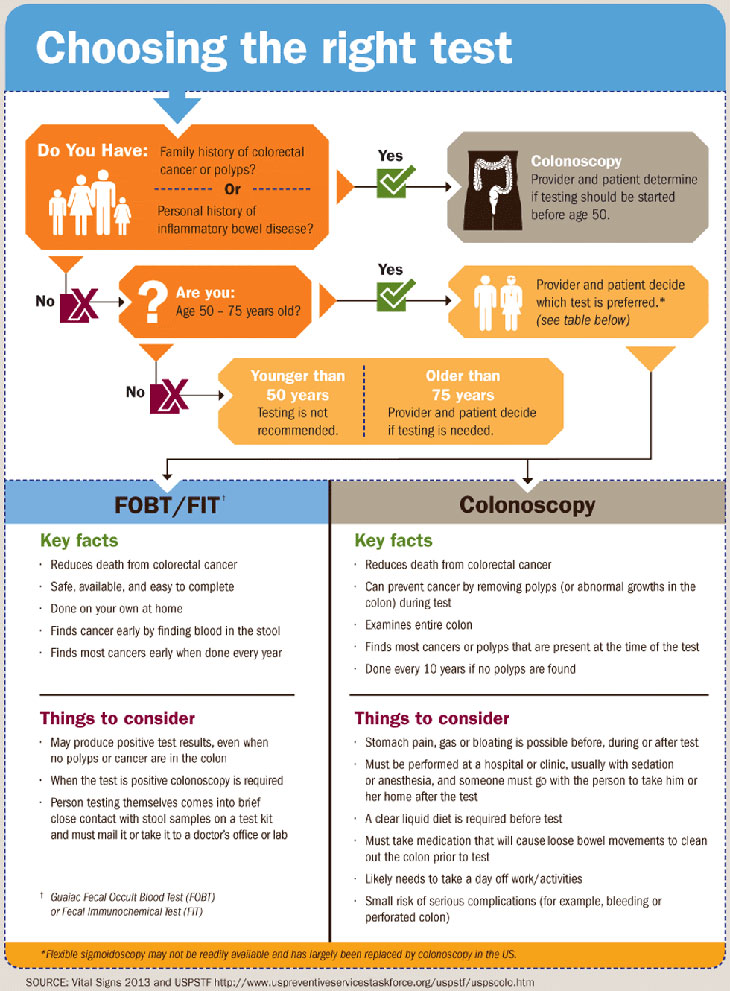What To Do If Have Rectal Bleeding (Blood in Stool)?
Rectal bleeding is one of the most common signs related to colon cancer, but is more commonly associated with mild reasons. It can also be caused by a certain condition known as rectal prolapse where the end portion of the colon or rectum, sticks out beyond the anus making it visible outside the body.
Best Stool Softener

When you have a rectal prolapse, you’ll feel a soft piece of tissue or small lump extending from the rectum. Despite how it makes the person uncomfortable, patients with the condition confirms it’s not painful.
However, rectal prolapse is different from the development of abnormal lumps surrounding the anus commonly known as hemorrhoids.
Who are the Usual Patients With Rectal Prolapse?
A study shows that rectal prolapse is usually observed in adults and women after giving birth. It is not common in children unless of it being a congenital malformation involving the smooth tissues and muscles that support the rectum or pelvic floor. When the affected child grows old, the involved muscles lose tone which can lead to a small prolapse. With regards to pregnancy, the stretching and relaxing of muscles that takes place after childbirth sets the possibility for developing rectal prolapse. Consequential straining to move bowels, common with constipation, can also lead to the condition.
Indicators of Having a Rectal Prolapse
One sign of colon cancer is rectal bleeding, but there are several possible reasons for the bleeding such as rectal prolapse, hemorrhoids, gastrointestinal viruses, or ulcers. The cause of bleeding should never be assumed, making it best to consult a doctor.
According to patients who’ve had rectal prolapse, the presence of the prolapse can be more noticed after a sneeze or cough. Due to increased pressure from sneezing or coughing, blood tissues may protrude then retract.
When a patient is on a stage where only a small rectal prolapse has developed, treatment or intervention may not be necessary, where monitoring is enough. To help stop progression, the person can simply make changes on his diet along with increasing fiber and fluid intake. These can help decrease the number of occasions where the individual have to spend much straining. For some cases, surgical correction may be needed. Before you opt to undergo any procedure, it will be helpful to discuss with your attending physician the associated benefits and risks.
Colorectal Cancer Screening

PS: Hit LIKE to spread awareness that blood in stool does not necessarily or immediately indicate that a person has cancer.
- READ MORE




